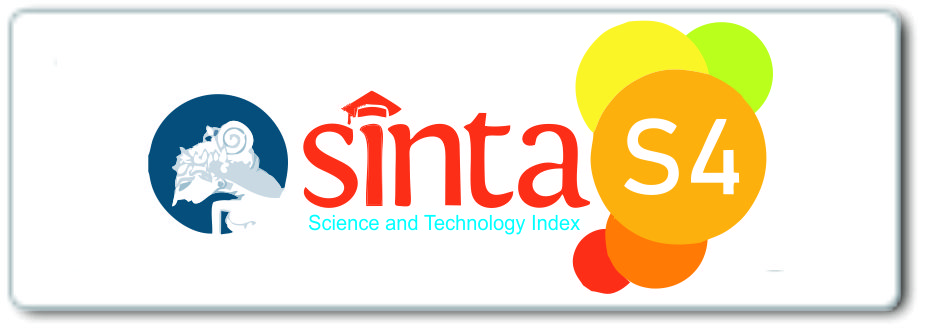Kompetensi Juru Dakwah dalam Pandangan Jama’ah Tabligh
DOI:
https://doi.org/10.29240/jdk.v2i2.339Abstract
The movement of dawah Tablighi Jamaat has been going on almost all regions of Indonesia even worldwide, this can be seen from the scope of the movement of Tablighi Jamaat cross-country, but in practice there is often a friction between the da’i of Tablighi Jamaat and society that can be observed from some village or mosques that reject the presence of Tablighi Jamaat, it is necessary to know how the actual concept of dawah competence according to Tablighi Jamaat and how the effort Tablighi Jamaat do in foster da’i that will be work In the community. This study uses an analytical descriptive approach and combines library studies, participant observation and interviews. The study found that Tablighi Jamaat has several references and competencies that must be possessed by da’i, there are thirteen major competencies that are termed with the ‘character of dai’. This competence is support the development of dawah, but in the field, found that many members of Tablighi Jamaat not understand the intent of these 13 characters and some of them have not applied this competence in dawah, in fact members of Tablighi Jamaat not be required to be good first before joining in dawah aktivity, this opinion based on to the hadith of the prophet “conver from me, even if it is one verseâ€.Downloads
Download data is not yet available.
Downloads
Published
2018-01-03
Issue
Section
Articles
License
Authors who publish with Jurnal Dakwah dan Komunikasi agree to the following terms:- Authors retain copyright and grant the journal right of first publication with the work simultaneously licensed under a Creative Commons Attribution-NonCommercial-ShareAlike 4.0 International License (CC BY-NC-SA 4.0) that allows others to share the work with an acknowledgment of the work's authorship and initial publication in this journal.
- Authors are able to enter into separate, additional contractual arrangements for the non-exclusive distribution of the journal's published version of the work (e.g., post it to an institutional repository or publish it in a book), with an acknowledgment of its initial publication in this journal.
- Authors are permitted and encouraged to post their work online (e.g., in institutional repositories or on their website) prior to and during the submission process, as it can lead to productive exchanges, as well as earlier and greater citation of published work (See The Effect of Open Access).


